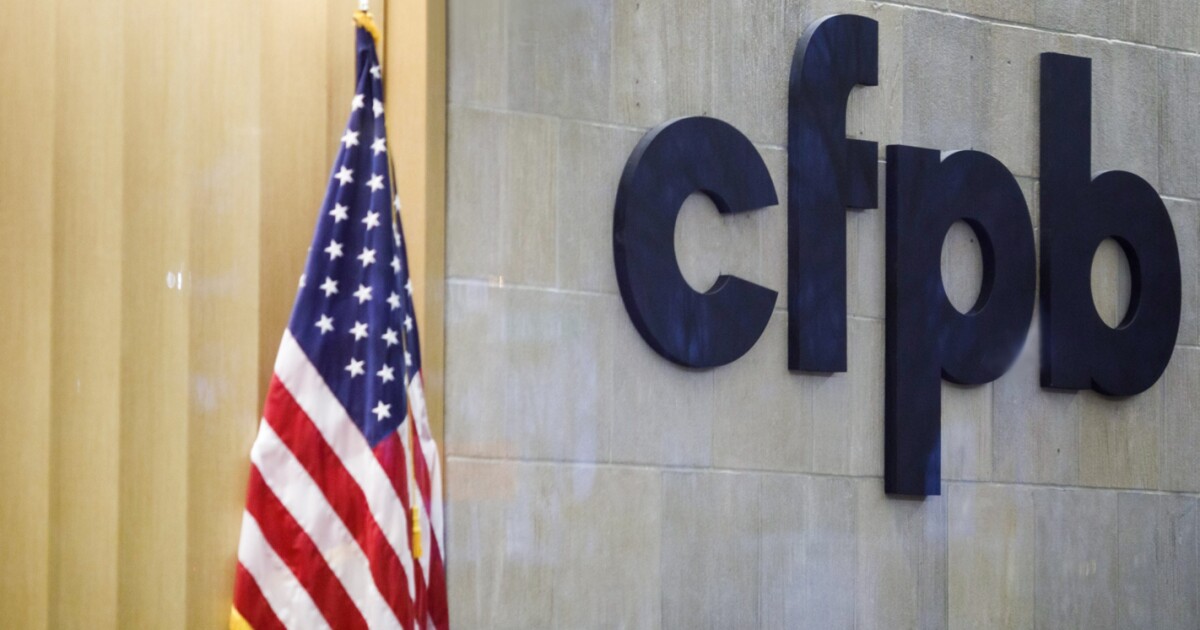DISCLAIMER: As the COVID-19 public health situation evolves, new regulations are being continually issued. This page/story/information may not include the most recent information.
Posted on the December 21, 2021
The digital payday lender LendUp is shutting down operations after settling a lawsuit with the Consumer Financial Protection Bureau.
It’s a major downfall for the Silicon Valley-backed lender, which had billed itself as an alternative to traditional payday lenders by offering to bring down borrowers’ interest rates on future loans as they paid back their prior ones.
But LendUp repeatedly came under scrutiny from the CFPB, which said the company failed to live up to that promise to tens of thousands of customers — even after the agency penalized it in 2016.
“We are shuttering the lending operations of this fintech for repeatedly lying and illegally cheating its customers,” CFPB Director Rohit Chopra said in a press release.
In an emailed statement, LendUp Loans said it is ”pleased to have fully resolved its litigation with the CFPB” and noted it did not admit to liability in its agreement with the agency.
“As has previously been reported in the news, LendUp ceased originating loans in the summer. It expects to complete the wind-down of its operations in early 2022,” LendUp said in a statement.
Axios reported in August that LendUp had stopped making loans this summer.
LendUp’s investors include Google Ventures, Andreessen Horwitz, Kleiner Perkins, PayPal Holdings, and QED Investors.
LendUp’s parent also operates a digital bank that is not affected by the settlement. The bank, Ahead Financials, was launched last year. It offers customers no-fee checking accounts, debit cards, as well as financial education.
The settlement with the CFPB prohibits LendUp from collecting on its loans and making new ones, either directly or indirectly through other lenders. It also prevents LendUp from selling consumer data. The agreement is pending approval from the U.S. District Court for the Northern District of California.
LendUp has agreed to pay $100,000 to the CFPB, an amount that the two agreed to based on the company’s “limited ability to pay,” according to the settlement.
The settlement also proposes $40.5 million in restitution fees to affected consumers. But LendUp will not have to pay that amount as long as it pays the agency the $100,000 fine and the CFPB does not find evidence that LendUp misrepresented its financial standing.
The agency said it will work to pay consumers through existing money in its civil penalty fund.
The agreement settles a lawsuit that the CFPB filed in September, alleging violations of a 2016 enforcement action over the company’s “LendUp Ladder” program. The agency has long accused the company of misrepresenting the benefits of repeat borrowing by claiming that certain borrowers would gain access to larger loans at lower rates.
Instead, the agency said that LendUp charged 140,000 repeat borrowers the same interest rate or a higher one even after the consumers repaid their loans on time and took free courses offered through the company’s website. The lawsuit also claimed LendUp reduced the maximum loan size for many borrowers, and it said LendUp failed to provide timely and accurate notices to consumers whose loan applications were denied.
The CFPB and LendUp had earlier settled a 2020 lawsuit that alleged LendUp violated the Military Lending Act by making loans at interest rates that exceeded the federal rate cap for military borrowers.
